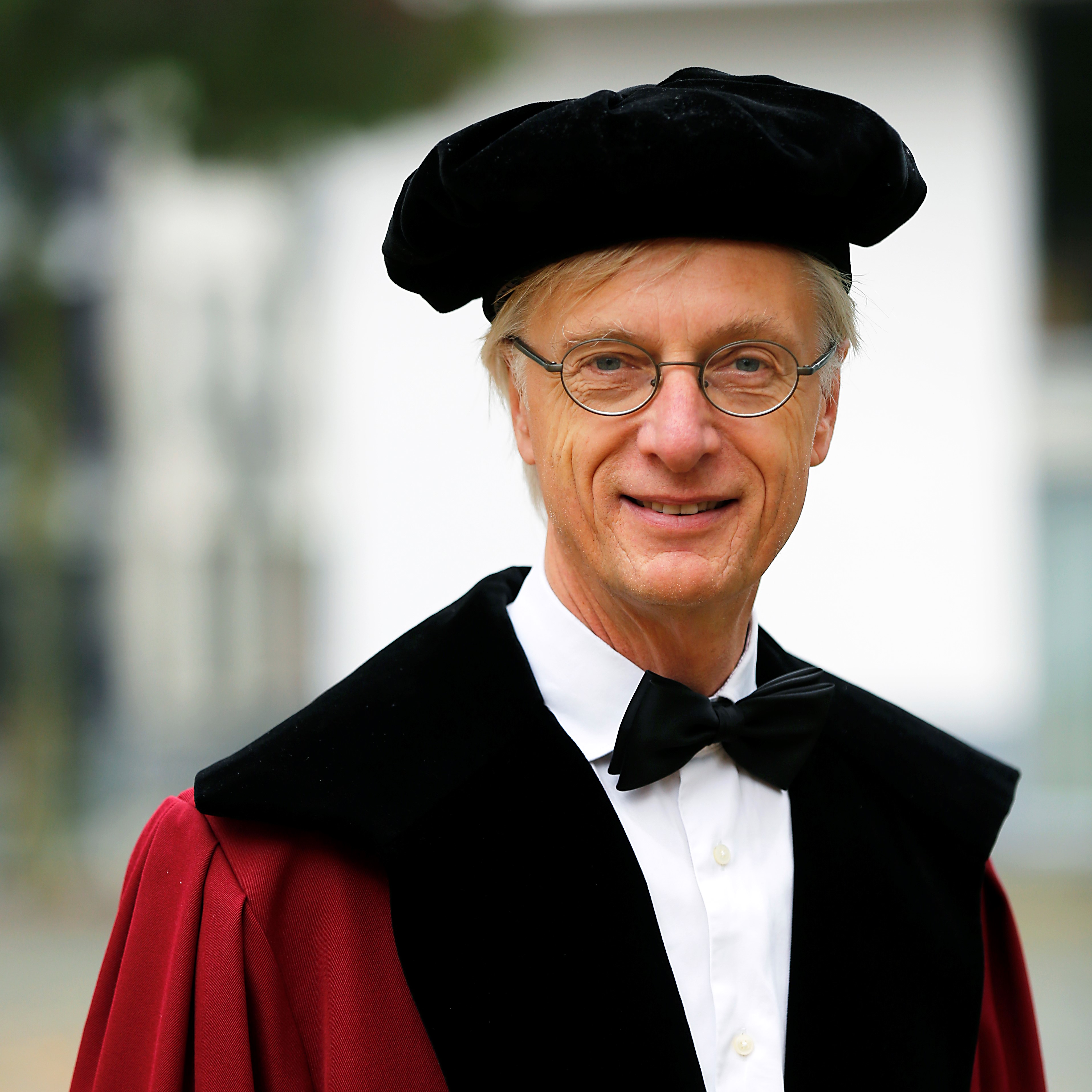UM Star Lectures 2023
The UM Star Lectures are back! Maastricht University is brimming with knowledge and innovative ideas. You might not be around anymore, but don’t worry: on Thursday evening 16 March 2023, we will bring the university to our alumni. Migration, plastic soup, service robots, childhood obesity, cybersecurity, temperature training, the Robo Judge: the programme of this seventh edition is filled with the most diverse lectures, and promises to be one for the books.
Together with UM professors, our stars, we will travel to 14 cities in 6 European countries, where all 14 lectures will take place simultaneously. Each lecture touches upon an important, topical subject. Join us to get inspired, meet fellow UM alumni, and expand your network.
Register here for a Star Lecture of your choice. Registration closes on Monday 13 March. Don't wait too long: capacity is limited. If you have any questions, please contact alumni@maastrichtuniversity.nl.
Who UM Alumni*
When Thursday 16 March 2023
Time 19.30 till approx. 22.30
Tickets Free entrance, register here
Cities Amsterdam · Berlin · Brussels · Cologne · Düsseldorf · Eindhoven · Frankfurt · London · Maastricht · Munich · Paris · The Hague · Utrecht · Zürich
* Please note that only UM alumni can register for this event. You may bring a guest: don't forget to register this person too.
Note: A photographer and/or videographer may be present during the event. If you join this event, you agree with the publication of photos and videos via our communication channels (website, social media, newsletters, etc). If you do not agree with this or if you have any questions, please e-mail us.
PROGRAMME
Berlin (FULL)
The Star Lecture in Berlin is already full. Send an email to alumni@maastrichtuniversity.nl so we can add you to the reserve list.
Europe in crisis? The EU as crisis manager
Time and again the EU is confronted with complex policy problems and crises, like the financial crisis, Brexit, the refugee crisis, the COVID-19 pandemic, and the war in Ukraine. The EU is often criticised for not responding to such situations timely and adequately. Different member states have various perceptions of the crisis at hand, and thus propose different policy solutions. Why is it so difficult for the EU to act as a crisis manager? In her lecture, Prof. Versluis will unravel this complex problem, and discuss potential solutions for the future.
Biography
Prof. dr. Esther Versluis is professor of European Regulatory Governance, Faculty of Arts and Social Sciences. Esther published widely on the implementation of EU legislation at the member state level, and on how risks are being regulated in the EU. Focusing on key policy sectors such as chemicals, food, financial markets, and diseases, Prof. Dr. Versluis explores how risks are being regulated at European level. Her research is published in, amongst others, Journal of Common Market Studies, Journal of European Public Policy, and European Journal of Risk Regulation.
Note: the lecture will be in English
Location
Betahaus Berlin
Rudi-Dutschke-Straße 23
10969 Berlin
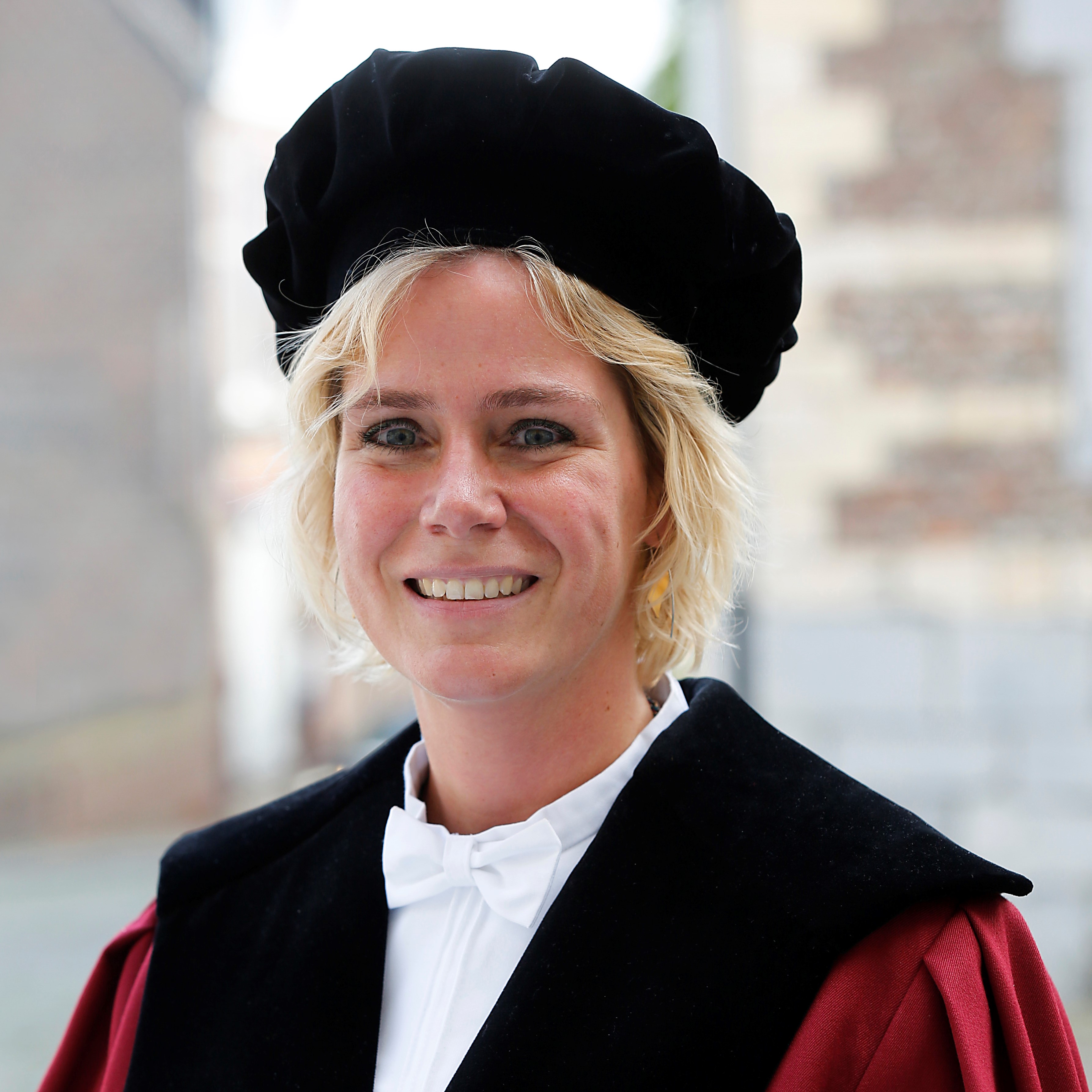
Brussels
Einstein Telescope - prospects of building a billion-Euro-class research Infrastructure
Most of our universe is dark, i.e. it does not send out any light or electromagnetic waves of other wavelengths. However, the recent discoveries of gravitational waves from merging black holes and neutron starts have opened up a completely new window into our universe and in particular its dark side. In Europe scientist are preparing the construction of the 2 billion Euro Einstein Telescope, a new generation of gravitational wave observatory, constructed as a equilateral triangle of 10 kilometer length, 250m underground. One of the two site candidates is South Limburg on the doorstep of Maastricht.
Biography
Stefan Hild is Professor of Experimental Physics at Maastricht University, where he established in 2019 the Department for Gravitational Waves and Fundamental Physics. He works on novel techniques and innovative technologies for laser-interferometric gravitational wave detectors and has contributed many ideas and designs to the field and in particular to the Einstein Telescope. Hild has been part of the international team which discovered gravitational waves from two colliding black holes in 2015, he leads the Dutch gravitational wave research programme and he is the project leader of the ETpathfinder.
Note: the lecture will be in English
Location
Maastricht University Campus Brussels
Avenue de Tervueren153
1150 Woluwe-Saint-Pierre Brussels
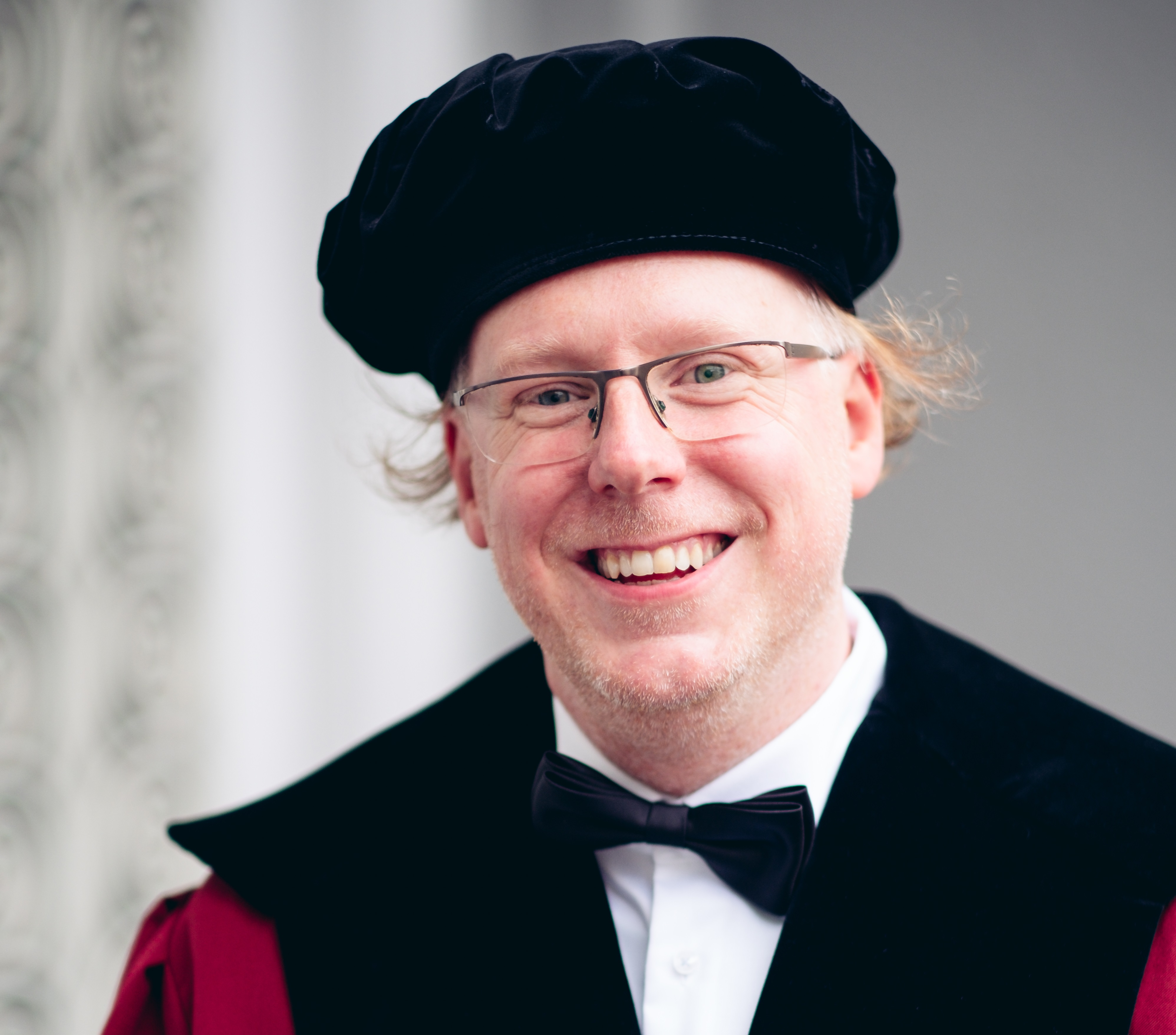
Cologne
AI:pocalypse Now? How automation affects work, and what to do about it
Artificial Intelligence will change the way we work. However, we do not yet understand how this transformation will play out, and policymakers are very much in the dark about how to optimize the potential economic gains while mitigating societal risks. In his lecture, professor Mark Levels will present the latest scientific insights about the way machines will change our work. He will identify the most plausible opportunities and threats, and discuss the most promising policy responses.
Biography
Prof. dr. Mark Levels (1977) is a quantitative sociologist. He is professor at Maastricht University, program director at the Research Centre for Education and the Labor Market (ROA) of Maastricht University, and dean of Maastricht Academy for Lifelong Learning. Professor Levels initiated and led Technequality: a large European research consortium that studied how governments can mediate the impact of automation on work. He has held visiting positions at Harvard, Oxford, and EUI. His research has been published in several books and top-tier journals and has received accolades, both for scientific excellence and societal impact.
Note: the lecture will be in English
Location
Hotel Mondial am Dom Cologne
Kurt-Hackenberg-Platz 1
50667 Köln
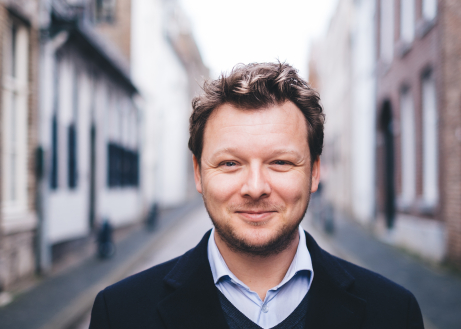
Düsseldorf
Stress, genes, the brain and affective (depression) behavior: does food do any good?
Stress is among the leading causes of mood disorders throughout the world, and is associated with severe psycho-medical consequences and mortality. Evidence reveals the importance of specific gene-by-brain factors that increase the risk for stress-related affective diseases. Since brain function might be influenced by nutrients, certain foods are thought to influence stress and hence the risk for stress-related affective complains/disorders. We see a growing interest in the way certain nutrients may impact human performance. This has led to the launch of a wide range of natural products on the nutraceutical market, with the promise that they will boost healthy mental processes and/or reduce psychopathological symptoms. The lecture will introduce the topic of (psychobiological) stress, how it influences the affective brain- and behavior partly depending on our genes, why some believe that this all may be influenced by food, and how to separate myths from facts regarding food-brain-behavior claims.
Biography
Rob Markus, PhD is an Associate Professor of Neuropsychology and with a particular interest in brain biochemical processes that relate to stress-induced psychopathology (affective disorders). After working as a therapist in several institutions (from 1985-1991), he completed his study Experimental Psychology (1993), worked in teaching and research (1993-1994) and completed a PhD in Experimental-biological Psychology (1999) at Utrecht University. After fulfilling several positions at universities and research-companies, he became an expert on the relation between stress, brain (gene) vulnerability and the development of cognitive-affective disorders as well as in testing (claims about) dietary treatment/assessment methods. Besides his research, teaching, and supervising/managing duties, Markus also has a career in teaching Psychology as well as in training communication- and managerial skills.
Note: the lecture will be in English
Location
Courtyard by Marriott Düsseldorf Hafen
Speditionstrasse 11
40221 Düsseldorf
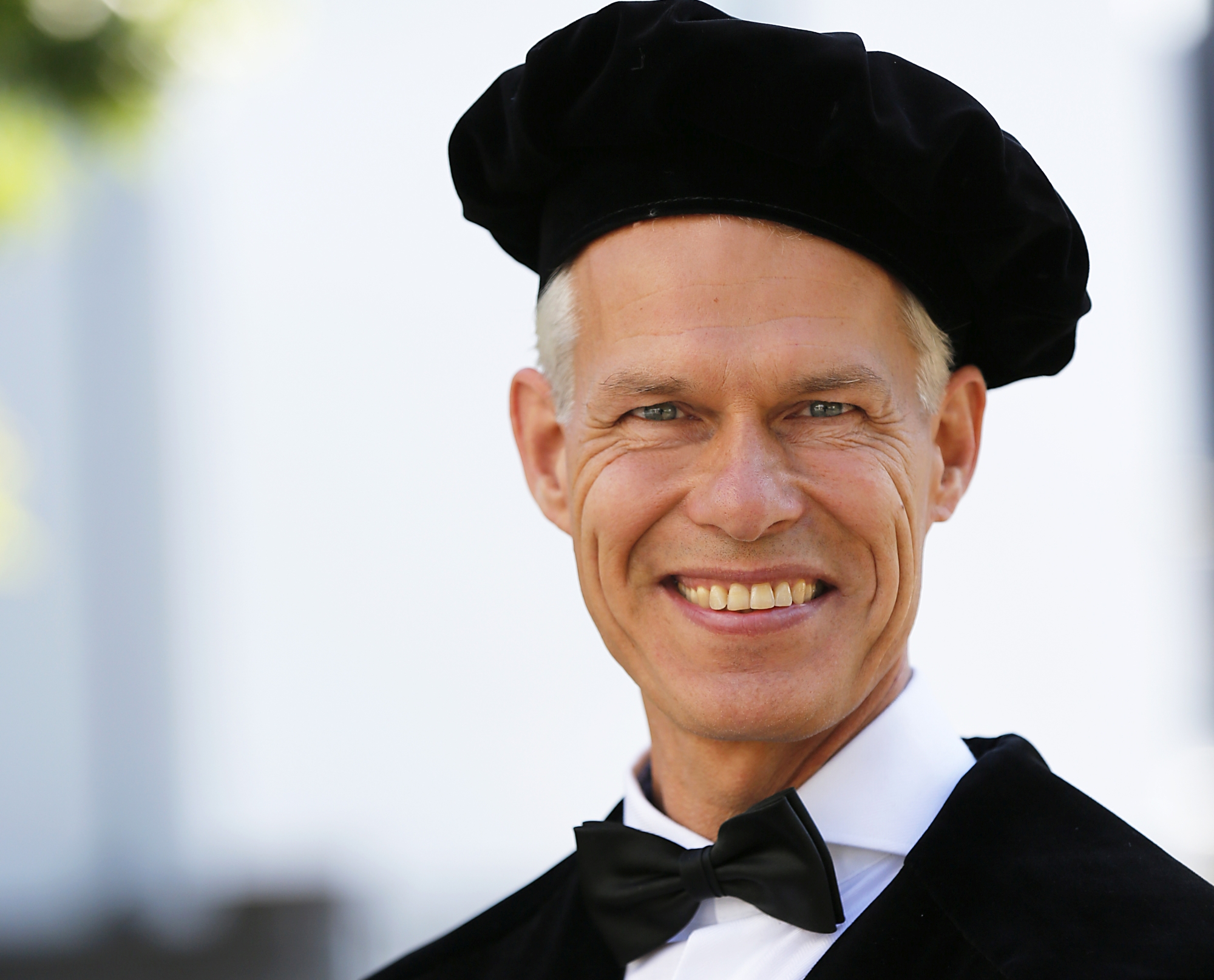
Eindhoven
Plastics Recycling - from macromolecule to value chain
How can we efficiently recycle plastics, turn more plastic waste into new products, and which challenges are we facing in achieving our sustainable goals?
Europe has set ambitious targets for plastics recycling and we are still a long way from achieving them. Why is it so complex and what is holding us back? Prof. Ragaert takes us on a journey through the challenges of plastics recycling: from the macromolecular nature of polymers, different recycling pathways, to the importance of respecting both the value chain and the system. Along the way, she will highlight where the research at Maastricht University is helping to pave the way forward.
Biography
Kim Ragaert is full professor at Maastricht University, holding the key domain chair of Circular Plastics within the department Circular Chemical Engineering (CCE). She leads a research group of 20 people on Brightlands Chemelot Campus. Ragaert was the 2020 European Plastics Recycling Ambassador. She is a strong believer in value-chain cooperation and works closely with several industrial partners. Her research topics include concepts of quality for recycling, the macromolecular interactions in complex mixes, the effects of contaminations and degradation, the balance between different recycling pathways, systems thinking for plastics, cost calculation in recycling and how to connect technical quality to LCA (Life Cycle Assessment).
Note: the lecture will be in Dutch
Location
The Social Hub Eindhoven
Stationsweg 1
5611 AA Eindhoven
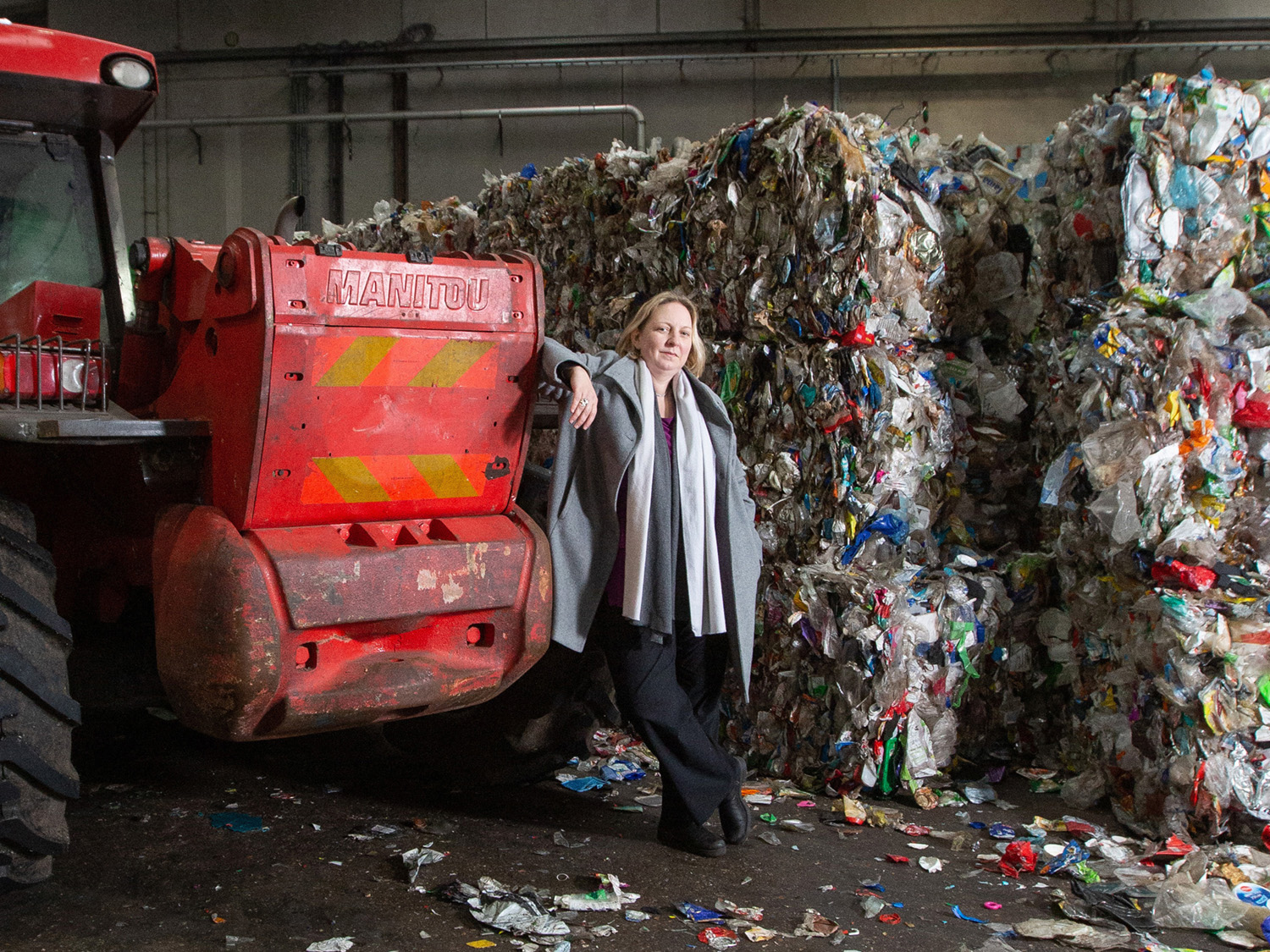
Frankfurt
People Planet Property - how buildings shape the environment, your health, and your wealth
Real estate represents a big part of our life. Financially, given that the monthly rent or mortgage payment is our single-largest expense, but also in many other ways. For example, did you know that we are spending 87% of our time indoors? And that the quality of “the great indoors” has a strong impact on physical / mental health and productivity? Real estate is also responsible for 71% of electricity consumption and 39% of global carbon emissions. As such, it is at the heart of the debate of slowing down climate change and reducing energy dependence. In his lecture, Prof. Kok will take us through the latest insights on how building shape the environment, health and wealth. The lessons should be useful for you as an individual, but also as a professional. Whether you work in finance, real estate, or in any other industry: real estate touches almost every business and every part of your life.
Biography
Dr. Nils Kok is Professor in Real Estate Finance at Maastricht University, where he also directs the Maastricht Center for Real Estate. His research interests range from urban economics to institutional real estate investments, with a strong focus on the economics of energy efficiency and sustainability in the real estate sector. Previously, he was a non-executive board member and Chief Economist at GeoPhy, which was sold to Walker & Dunlop in 2022. Prof. Kok was also the founder and CEO of GRESB, a global ESG rating company for real estate and infrastructure investments, which was sold to GBCI in 2014 and subsequently sold to Summit Partners in 2021. Kok’s research has appeared in leading academic journals, including the American Economic Review, Review of Economic and Statistics, the RAND Journal and the Journal of Public Economics, and is frequently cited in newspapers and industry publications.
Note: the lecture will be in English
Location
Goethe University
Westend Campus at the auditorium (building 13)
Theodor-W.-Adorno-Platz 1
60323 Frankfurt am Main
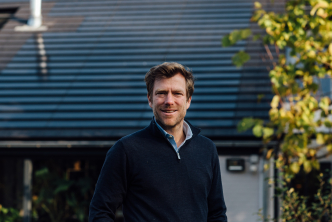
London
Data protection and cybersecurity are social responsibilities
Data protection and cybersecurity are fundamental prerequisites for a free and democratic digital society and to foster sustainable innovation. Compliance with the laws is not enough. A social responsibility in these connected domains needs to be taken by corporations, governments and also citizens. At UM, the first systematic framework on Data Protection as a Corporate Social Responsibility (DPCSR) has been created, consisting of 5 principles and 25 rules. During his lecture, Prof. Balboni will demonstrate that investing in data protection and cybersecurity beyond compliance can generate significant returns on investment (ROI), help organizations to responsibly further their economic targets and, most importantly, improve our society.
Biography
Paolo Balboni (Ph.D.) is a Professor of Privacy, Cybersecurity, and IT Contract Law at the European Centre on Privacy and Cybersecurity (ECPC) within the Maastricht University Faculty of Law. He is a top tier European ICT, Privacy & Cybersecurity lawyer and serves as Data Protection Officer (DPO) for multinational companies. Chairman of the European Patent Office (EPO) Data Protection Board, Member of the EUMETSAT Data Protection Supervisory Authority and Member of the Europrivacy Board of Experts. His main research focus is Data Protection as a Corporate Social Responsibility, which can be used to help organisations responsibly further their economic targets and at the same time positively contribute to the development of a fair data-centric society.
Note: the lecture will be in English
Location
Regents University London
Inner Circle, Regent's Park
London NW1 4NS
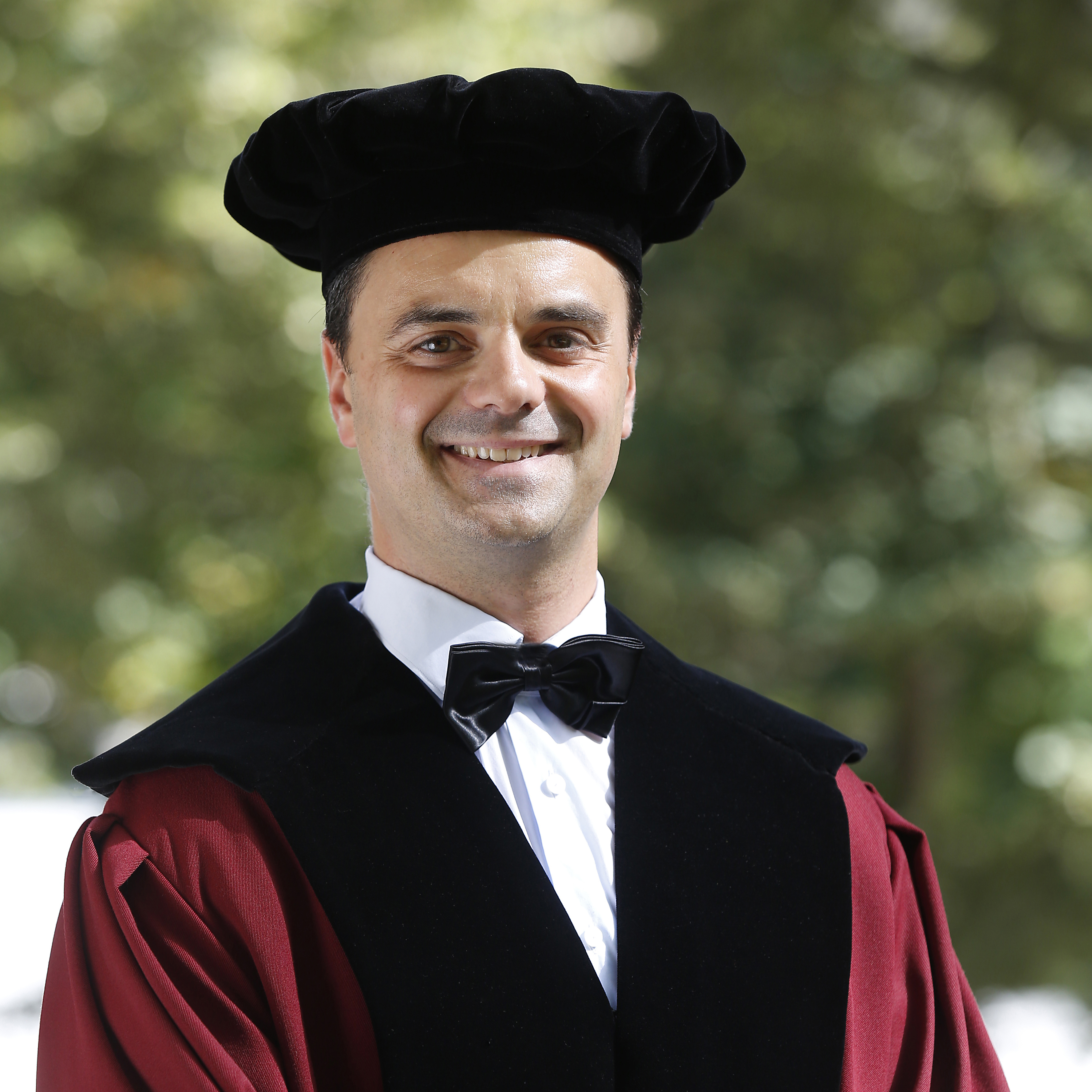
Maastricht
A healthy future for every child
Young people are leading ever unhealthier lifestyles: some 15% of Dutch children are now overweight. Global obesity rates in children are growing at alarming rates. Childhood obesity is a serious health issue, and can affect both physical and psychological health.
There is no magic pill to curing obesity. The solution to tackle obesity consists of the availability of a colorful palette of support, products and possibilities that make healthy living easier. How do you put all of this into practice? Prof. Vreugdenhil and her team developed an effective and scientifically proven programme; the participating children live healthier lives and are happier.
Biography
Anita Vreugdenhil, MD PhD, is professor and paediatric gastroenterologist at Maastricht UMC+. She is founder and chair of the Centre for Overweight Adolescent and Children’s Healthcare (COACH). This centre has evolved into the academic expertise centre that it is today, with an comprehensive multi-sectorial network of participating partners throughout the Provence of Limburg, multiple research lines with (inter)national collaborations, and transfer of knowledge as an important assignment. The COACH program is an evidence based approach for improving healthy living in overweight and obese children, adolescents and young adults. Her translational research continuously seeks better detection of health risks, better coaching and monitoring strategies and better ways to create multilevel multi-stakeholder collaboration with a common aim; a healthy world for every child.
Note: the lecture will be in Dutch
Location
Aula en refter Universiteit Maastricht
Minderbroedersberg 4-6
6211 LK Maastricht
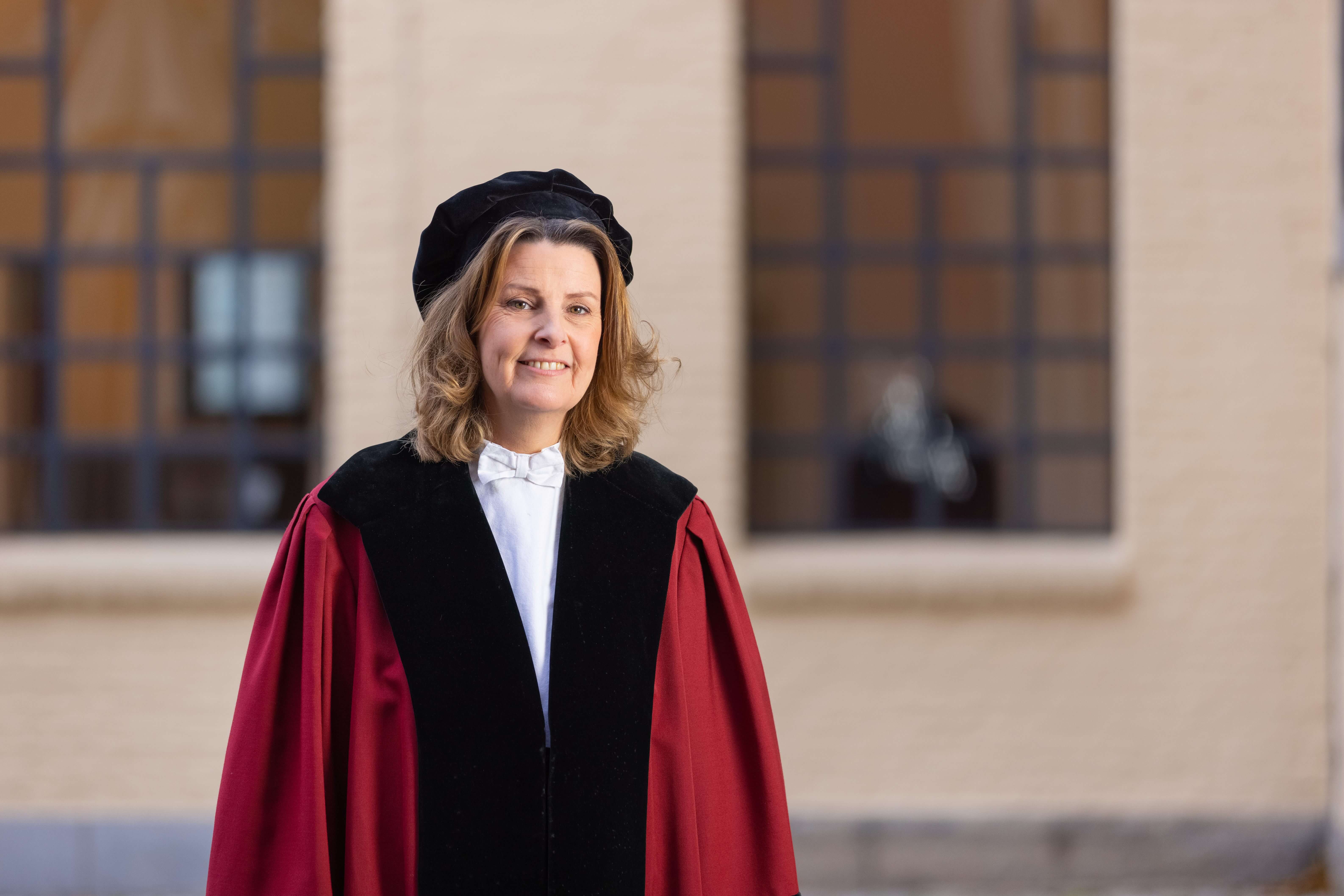
Munich
Service Robots: a blessing or a curse?
Would you trust a service robot to babysit your children or take care of your elderly parents? You might have been served by a robot in a restaurant, welcomed by one at an airport, or maybe you even work with service robots in your own organisation. They never become tired or grumpy, are consistent in delivery, but we wonder whether they can express authentic emotions. Anyhow, they seem to be there to stay.
In her interactive lecture, Gaby Odekerken will explain her state of the art research that she conducted at the Maastricht Center for Robots. Her research is mainly based on field studies and ranges from elderly care to hospitality and educational settings. She is looking forward to a constructive debate and exchange of experiences, ambitions and concerns related to the implementation of service robots.
Biography
Gaby Odekerken's professional interest and expertise is heavily inspired by the current service economy. She is fascinated by managerial questions: How to create a unique customer experience in a complex value network? How to infuse new technology in retail or healthcare settings? Or how to move manufacturing firms towards services? She enjoys developing new courses or embarks on innovative research projects with PhD candidates, co-authors and industry stakeholders. Odekerken is passionate about (international) triple helix cooperations, involving government, industry and university. Her participation as a researcher and partner in large EU consortia as well as in regional subsidy initiatives, enable her to transfer and validate her scientifc knowledge. Furthermore, she is an experienced commissioner of large service organizations.
Note: the lecture will be in English
Location
Holiday Inn München
Hochstrasse 3
81669 München
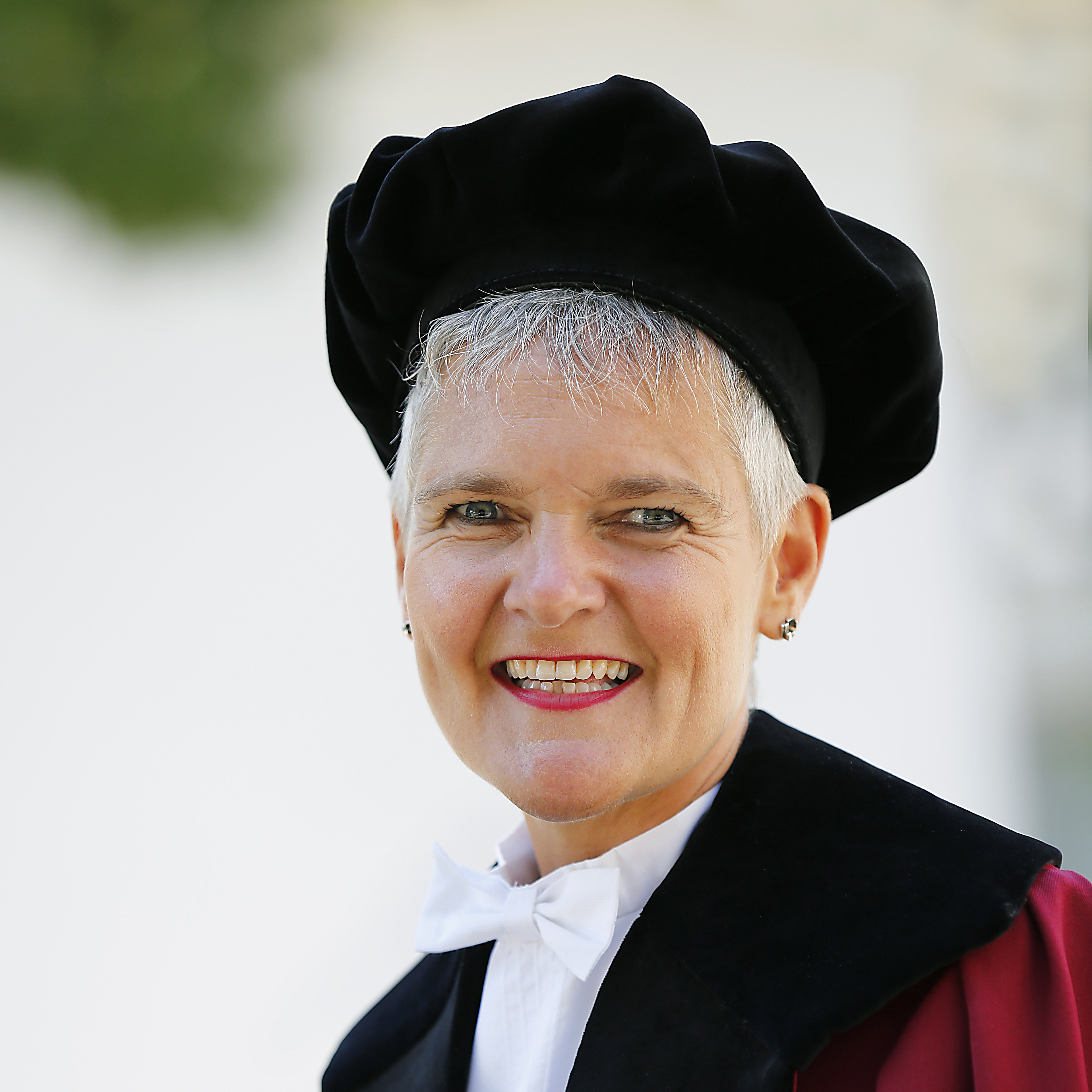
Paris
What you should know about migration!
The topic of migration is plagued by misconceptions and misinformation. In her lecture, Siegel will discuss what we all should know about migration: from understanding who is considered a migrant, to where migrants and specifically refugees are being hosted and where they come from. Furthermore, she will discuss common misconceptions about migrants as individuals and groups, as well as how migration and development interact.
Biography
Melissa Siegel is a Professor of Migration Studies at UNU-MERIT and Maastricht University. She is co-director of the Maastricht Center for Citizenship, Migration and Development (MACIMIDE), currently holds the Chair of the UNU Migration Network, and is a research associate at the Center on Migration, Policy and Society (COMPAS) at the University of Oxford. She is also on the advisory board of the Migration Policy Center, EUI as well as the International Institute of Social Studies (ISS). She has advised, worked on and headed projects for several governments and international organisations. She is also regularly involved in migration-related trainings/capacity building for governments and international organisations, as well as teaching at the Bachelor’s, Master’s and PhD level.
Note: the lecture will be in English
Location
Atelier Néerlandais
3éme étage
121 rue de Lille
75007 Paris
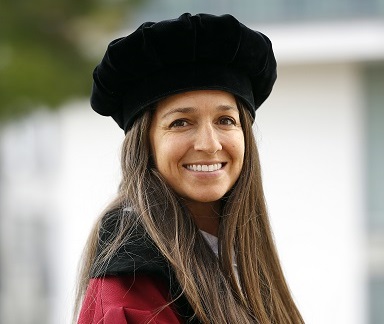
The Hague
Sustainable or not? To measure is to know
Plastic plays an important role in our daily lives, but it is causing increasing environmental and health problems. Think of climate change due to the use of fossil raw materials, and the increasing amount of plastic litter. How can we make our use of materials more sustainable? Promising solutions often turn out to offer fewer benefits than first thought. Life cycle assessments (LCAs) are used to measure environmental performance of products. LCA has shown that various alternatives to disposable plastics only shift environmental problems, instead of prevent them. We need to find more sustainable solutions. What's challenging, is that LCA is not (yet) able to measure everything, so we also have to improve the method.
Biography
Yvonne van der Meer is Professor Sustainability of Chemicals and Materials at the Faculty of Science and Engineering. Van der Meer and her research group investigate how to provide appropriate methods, indicators, tools and accurate sustainability assessments to support the transition from a linear and fossil-based to a circular and bio-based economy.
Note: the lecture will be in Dutch
Location
Dudok Den Haag
Hofweg 1a
2511 AA The Hague
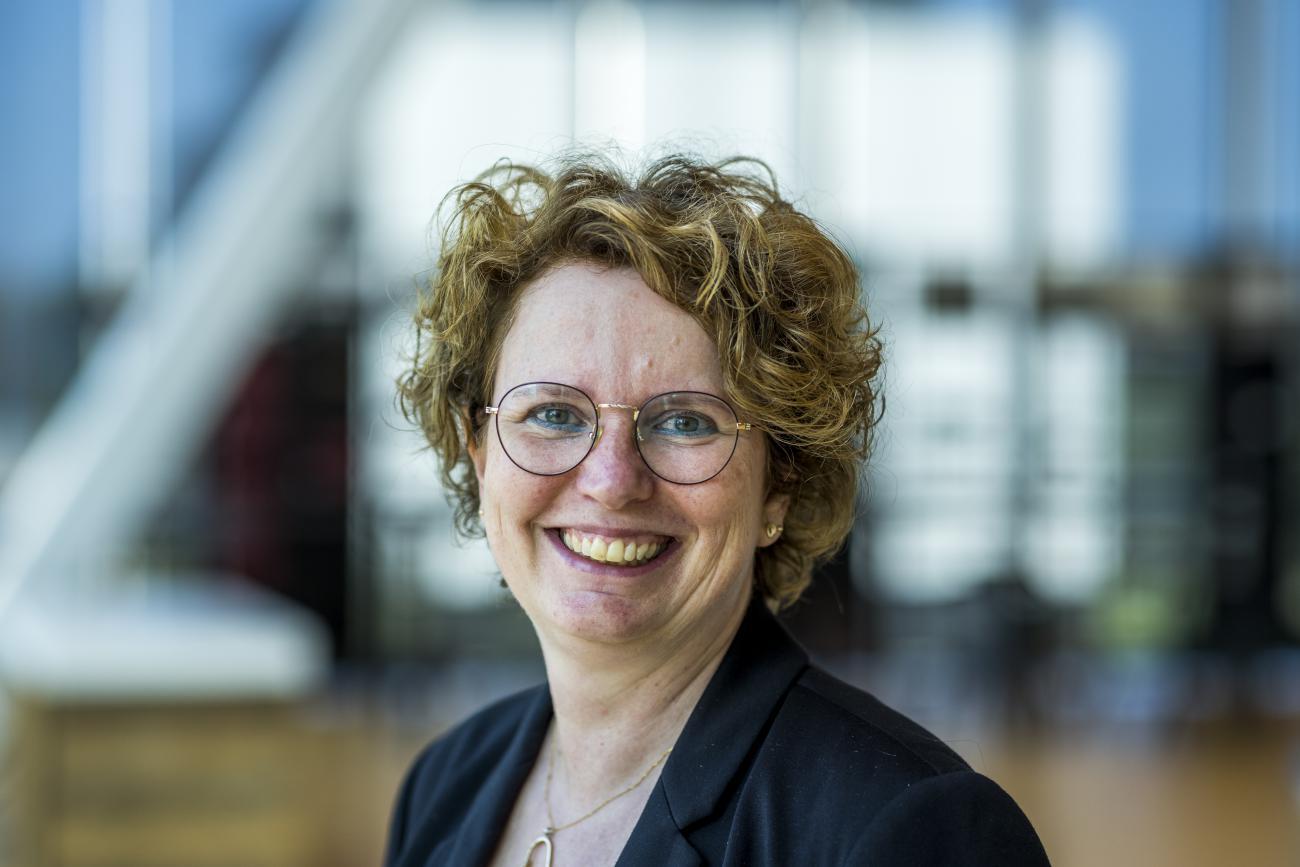
Utrecht
The Healthy Primary School of the Future: the fight against the obesity epidemic
How can we help kids to create a more healthy lifestyle, exercise more, feel better about themselves and concentrate better?
Health-promoting measures at schools are increasingly seen as an effective strategy to improve health and prevent obesity. However, data on the long-term effectiveness of school-based interventions are scarce. Van Schayck's research examined the four-year effectiveness of the project Gezonde Basisschool van de Toekomst (GBT), translated as Healthy Primary School of the Future, on children's body mass index, abdominal circumference, eating habits and exercise behaviors. After four years of intervention, the project led to some significant changes on children's health, which Prof. van Schayck will tell us all about in his lecture.
Biography
Onno C.P. van Schayck is Professor of Preventive Medicine. He is scientific director of the CaRe Research School, consisting of four institutes: CAPHRI (Care and Public Health Research Institute) of Maastricht University, RIHS (Radboud Institute for Health Sciences) of Radboud University Medical Center, APH (Amsterdam Public Health research institute) of VUmc in Amsterdam and NIVEL (Netherlands Institute for Health Service Research) in Utrecht. Furthermore, he is project leader of many research projects in the field of smoking cessation. He was closely involved in the realization of the Prevention Agreement and advisor to State Secretary Blokhuis in this regard. He supervised more than 60 PhD students as supervisor, has published more than 500 articles in International journals and is recognized as the most cited researcher in the world in his specific field of research. He was a member of the Health Council, the Scientific Advisory Board of ZonMw VIDI and the Lung Fund. He is also an honorary professor in Edinburgh.
Note: the lecture will be in Dutch
Location
Academiegebouw Universiteit Utrecht
Domplein 29
3512 JE Utrecht
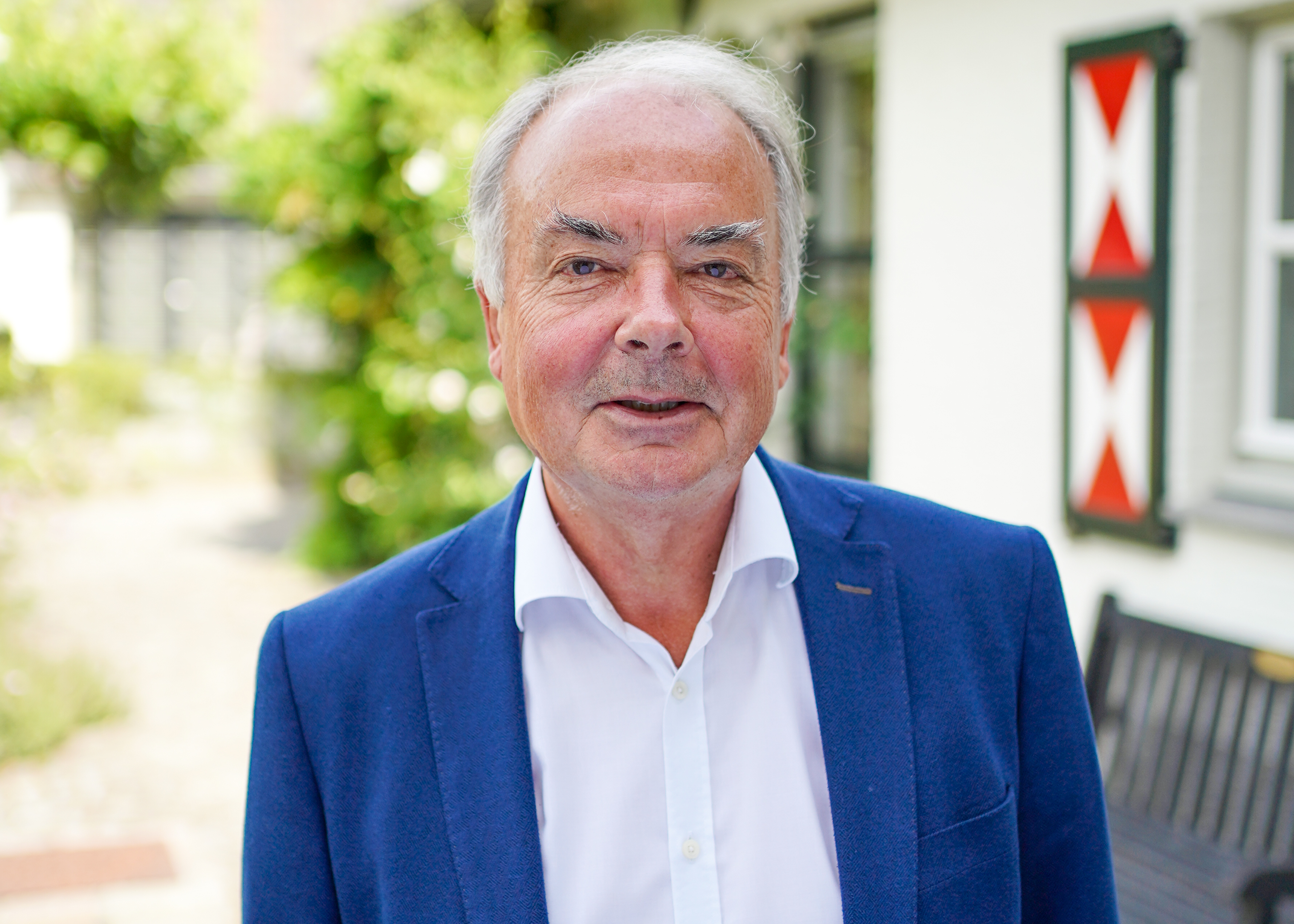
Zürich
The Robo Judge: Reality or Fiction?
Imagine: you walk into a courtroom. Instead of a person, you see a robot sitting in the judge's chair, ready to judge the case. How realistic is this scenario?
In his research, Gijs van Dijck explores the possibilities of using artificial intelligence (AI) as a judicial decision-making tool. In his lecture, he will delve into the current state of AI in the legal field, and examines the potential benefits and drawbacks of using AI to judge cases. It will also consider the ethical and societal implications. How feasible and desirable is the use of the Robo Judge?
Biography
Prof. Dr. Gijs van Dijck integrates legal, empirical, and computational analysis in order to improve the description, application, understanding, and evaluation of the law. He has published in top journals including the Journal of Empirical Legal Studies and Oxford Journal of Legal Studies. He has spoken at various conferences at amongst others Oxford, Harvard, Yale, Duke, and Cornell. He was a visiting scholar at Stanford University in 2011. Van Dijck is Professor of Private Law, director of the Maastricht Law and Tech Lab, Principal Investigator at Brightlands Institute for Smart Society (BISS), and researcher at M-EPLI.
Note: the lecture will be in English
Location
25hours Hotel Zürich West
Pfingstweidstrasse 102
8005 Zürich
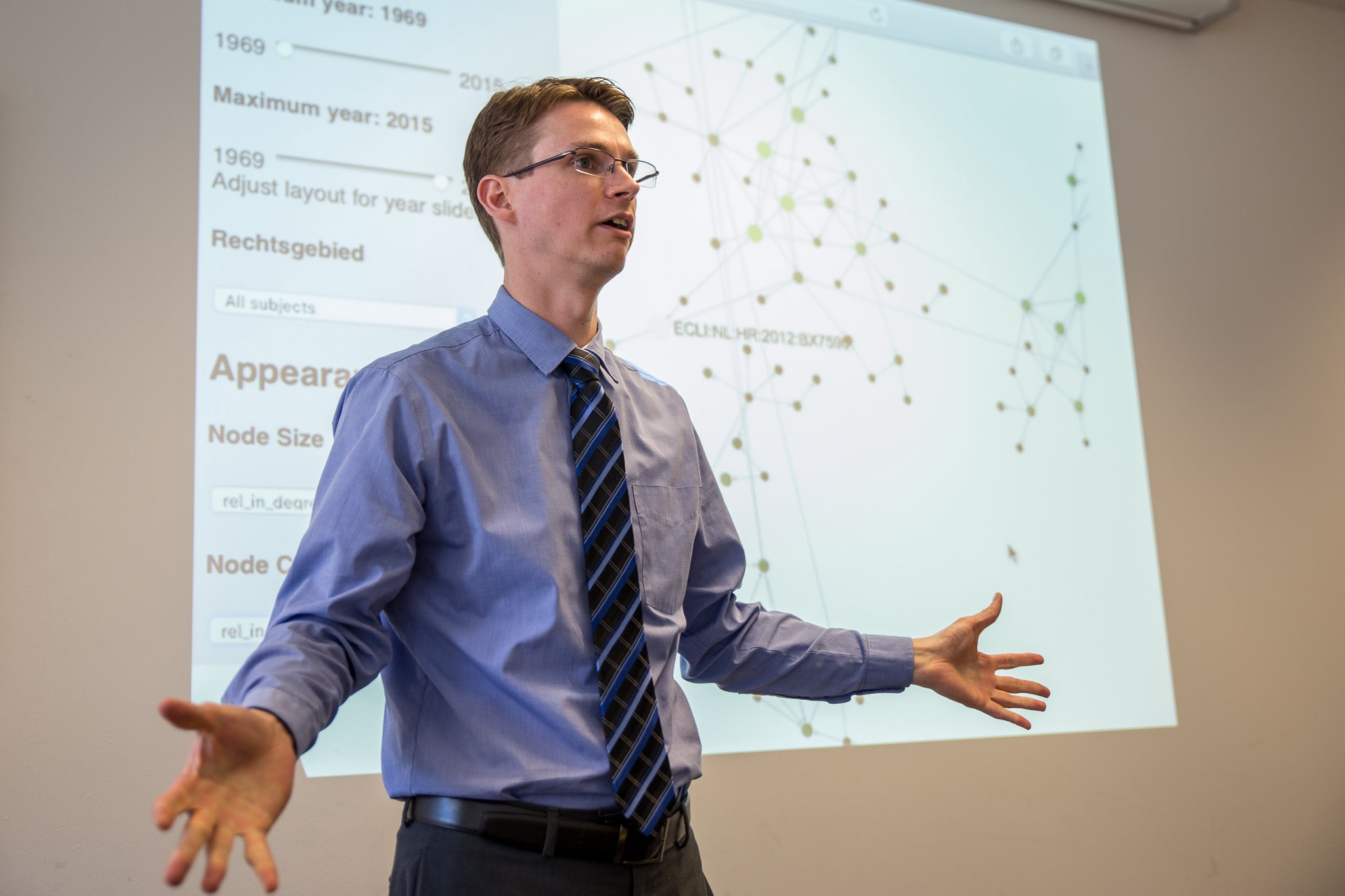
-
Prof. Dr. Wouter van Marken Lichtenbelt | FPN / FHMLAmsterdam
-
Prof. Dr. Esther Versluis | FASoSBerlin (FULL)
-
Prof. Dr. Stefan Hild | FSEBrussels
-
Prof. Dr. Mark Levels | SBECologne
-
Dr. Rob Markus | FPNDüsseldorf
-
Prof. Dr. Kim Ragaert | FSEEindhoven
-
Prof. Dr. Nils Kok | SBEFrankfurt
-
Prof. Dr. Paolo Balboni | Faculty of LawLondon
-
Prof. Dr. Anita Vreugdenhil | FHMLMaastricht
-
Prof. Dr. Gaby Odekerken | SBEMunich
-
Prof. Dr. Melissa Siegel | UNU-MERITParis
-
Prof. Dr. Yvonne van der Meer | FSEThe Hague
-
Prof. Dr. Onno van Schayck | CAPHRI / FHMLUtrecht
-
Prof. Dr. Gijs van Dijck | Faculty of LawZürich

